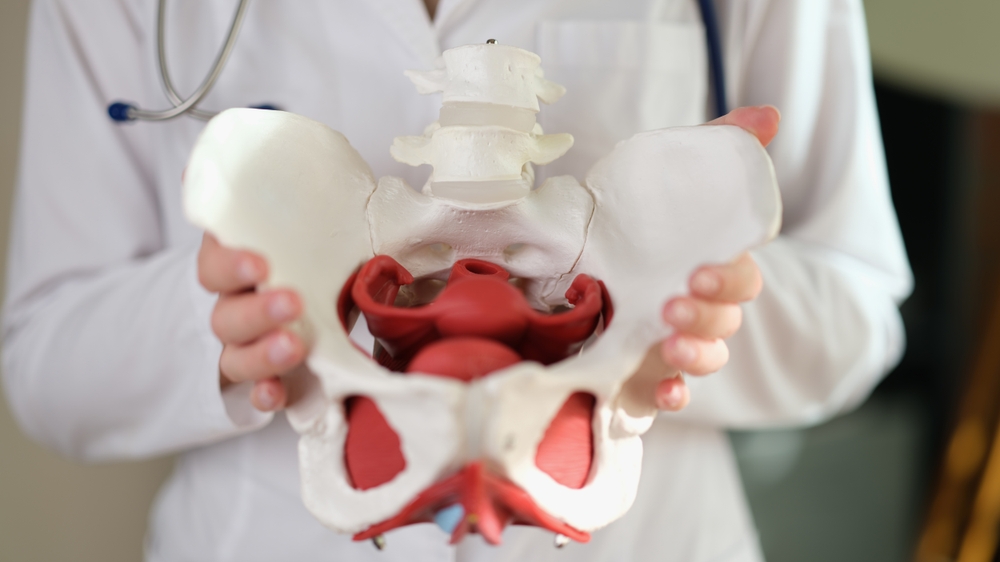Why Do So Many People Need Joint Replacement?

Many people need joint replacement due to various factors that cause joint damage and deterioration. The most common reason is osteoarthritis, a degenerative joint disease that results from wear and tear on the joint over time. Osteoarthritis affects the cartilage, the smooth tissue that covers the ends of bones within the joint, leading to pain, inflammation, and reduced mobility.
There are several contributing factors to why so many people may develop osteoarthritis and require joint replacement:
- Age: As we age, the risk of developing osteoarthritis increases. Over time, the natural wear and tear on the joints can lead to cartilage breakdown and joint degeneration.
- Genetics: Family history can play a role in predisposing individuals to joint problems, including osteoarthritis. If my family has a history of common issues, I may have a higher risk of developing similar problems.
- Injury or Trauma: Past injuries or joint trauma, such as fractures or ligament tears, can increase the likelihood of joint damage and lead to joint replacement surgery.
- Obesity: Carrying excess weight stresses the joints, particularly the knees and hips. This can accelerate joint degeneration and increase the risk of developing osteoarthritis.
- Overuse or Repetitive Movements: Engaging in activities that place repetitive stress on a joint, such as certain sports or occupations, can contribute to joint damage and the development of osteoarthritis.
- Joint Conditions or Diseases: Some inflammatory common conditions, like rheumatoid arthritis or other joint diseases, can cause significant joint damage, leading to the need for joint replacement.
- Lifestyle Factors: Sedentary lifestyles and lack of regular exercise can weaken the muscles supporting the joints and make them more susceptible to damage.
While joint replacement surgery may be necessary for many people with severe joint damage and pain, it’s best to explore conservative treatments before considering surgery, such as medication, physical therapy, and lifestyle changes. If joint pain and dysfunction significantly affect my quality of life and conservative treatments are no longer effective, joint replacement may become a viable option to alleviate pain and restore joint function. Always consult a qualified orthopedic surgeon to determine the best course of action based on my condition and overall health.



